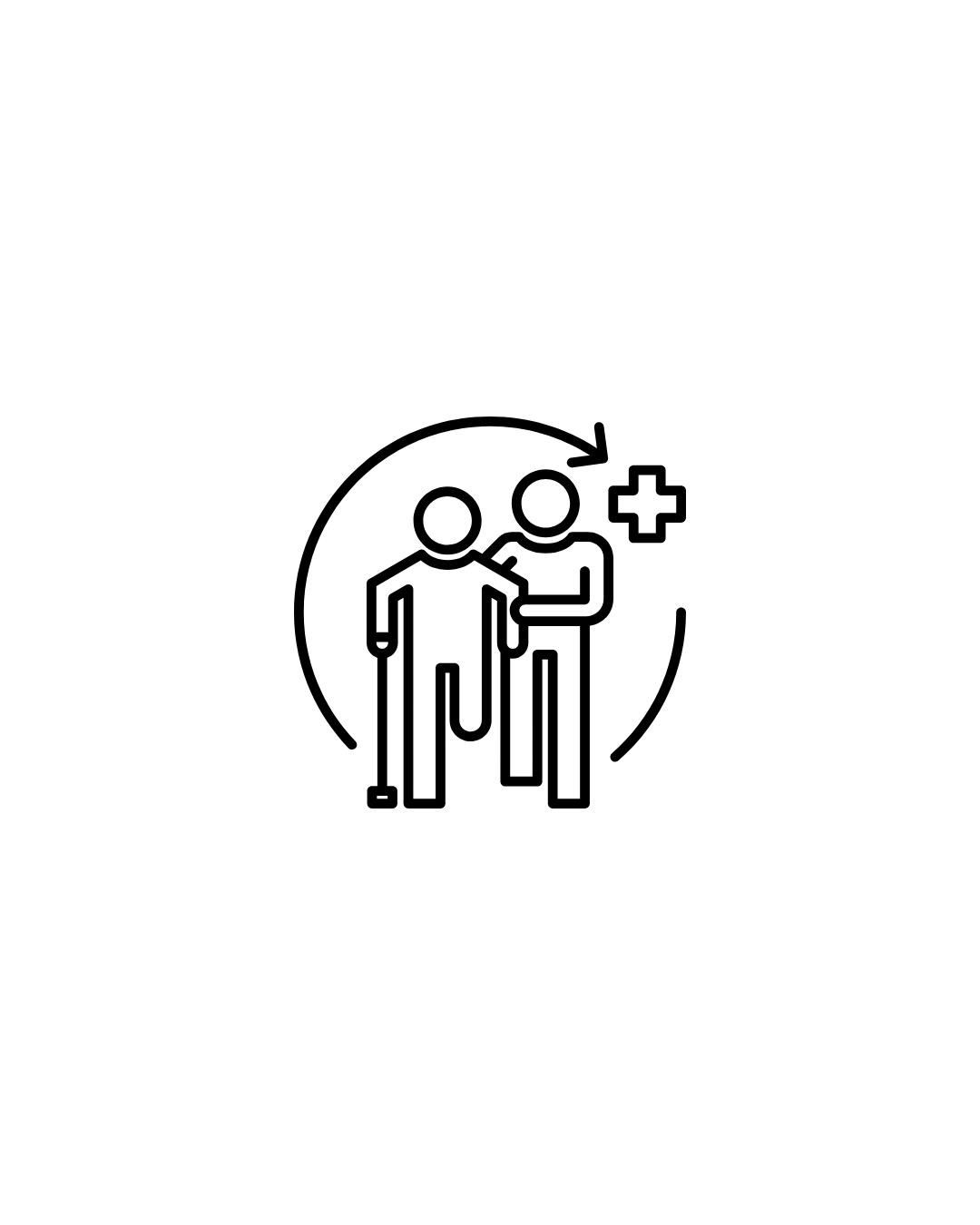Description
Overview of Bachelor of Vocation (B.Voc) in Sports Nutrition and Physiotherapy
The Bachelor of Vocation (B.Voc) in Sports Nutrition and Physiotherapy is a specialized program designed to prepare students for careers within the fields of sports science, nutrition, and physiotherapy. This program focuses on the integral relationship between nutrition and physical therapy in enhancing athletic performance, preventing injuries, and promoting overall health and wellness among athletes and active individuals.
Core Areas of Study in B.Voc in Sports Nutrition and Physiotherapy
Fundamentals of Nutrition
Understanding the principles of nutrition, including macronutrients, micronutrients, dietary requirements, and their impact on health and performance.
Sports Nutrition
Exploring specific nutritional needs for athletes, including nutrition for training, competition, recovery, and weight management.
Physiology of Exercise
Studying the body?s responses to exercise, including cardiovascular, muscular, and metabolic adaptations, and how these relate to sports performance.
Injury Prevention and Rehabilitation
Gaining knowledge in common sports injuries, prevention strategies, and rehabilitation techniques to aid recovery.
Assessment and Evaluation Techniques
Learning how to assess nutritional needs and physical fitness levels, including body composition, fitness testing, and performance evaluation.
Exercise Prescription
Developing skills to design tailored exercise programs based on individual needs, goals, and physical capabilities.
Therapeutic Modalities in Physiotherapy
Understanding various therapeutic modalities, including manual therapy, electrotherapy, and exercise therapy used in rehabilitation.
Psychology of Sport and Exercise
Exploring the psychological factors that affect performance, motivation, and behavior in athletes, alongside strategies to enhance mental toughness.
Curriculum Structure
A typical Bachelor of Vocation in Sports Nutrition and Physiotherapy program may include:
Core Courses: Subjects covering nutrition, physiology, injury prevention, and rehabilitation strategies.
Practical Workshops: Hands-on sessions that provide opportunities to practice assessment techniques, create nutrition plans, and apply physiotherapy methods.
Internships: Opportunities to gain practical experience in sports teams, clinics, gyms, or wellness centers, providing real-world application of skills learned in the classroom.
Admission Requirements
Admission to the B.Voc in Sports Nutrition and Physiotherapy program typically requires:
A high school diploma (or equivalent) with background knowledge in biology or health science.
Some institutions may require a personal statement or an interview to assess passion and commitment to the field.
Skills Developed in the B.Voc in Sports Nutrition and Physiotherapy Program
Graduates of the Bachelor of Vocation in Sports Nutrition and Physiotherapy will acquire essential skills, including:
Nutritional Expertise: Ability to develop effective nutrition plans tailored to individual athletes’ needs and performance goals.
Assessment Skills: Proficiency in assessing physical fitness and nutritional status using various evaluation techniques.
Rehabilitation Techniques: Knowledge of rehabilitation methods and the ability to guide individuals through recovery processes post-injury.
Communication Skills: Strong communication abilities to work effectively with athletes, coaches, and health professionals.
Holistic Health Approach: Understanding the interconnectedness of nutrition, physical activity, and overall well-being in enhancing athletic performance.
Career Opportunities
Upon completion of the B.Voc in Sports Nutrition and Physiotherapy, graduates can pursue various career paths, including:
Sports Nutritionist
Providing nutritional counseling and creating meal plans for athletes and active individuals to optimize performance and health.
Physiotherapist
Assisting patients in recovery from injuries through exercise therapy, rehabilitation, and pain management techniques.
Fitness Trainer
Designing and implementing fitness programs, focusing on strength, conditioning, and overall wellness.
Exercise Physiologist
Specializing in developing exercise programs for various populations, including athletes, individuals with chronic conditions, or injuries.
Sports Coach
Using knowledge of nutrition and physiology to coach athletes effectively, improving performance through enhanced training and dietary practices.
Wellness Coordinator
Working in corporate or community settings to promote health and fitness programs, integrating nutrition and physical activity initiatives.
Conclusion
The Bachelor of Vocation in Sports Nutrition and Physiotherapy equips students with the foundational knowledge and practical skills necessary for a successful career in the interdisciplinary fields of nutrition and physiotherapy as they relate to sports and exercise. With a balance of theoretical understanding and hands-on experience, graduates are well-prepared to contribute to the health and performance of athletes and physically active individuals. If you have any further questions about the B.Voc in Sports Nutrition and Physiotherapy or related topics, feel free to ask!









